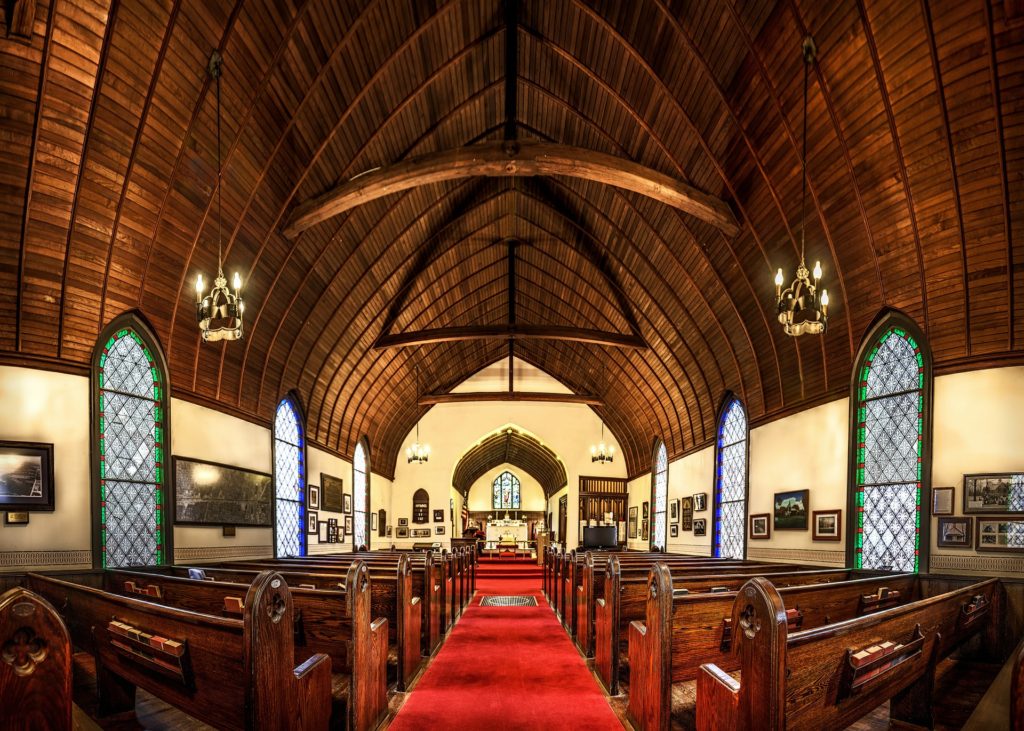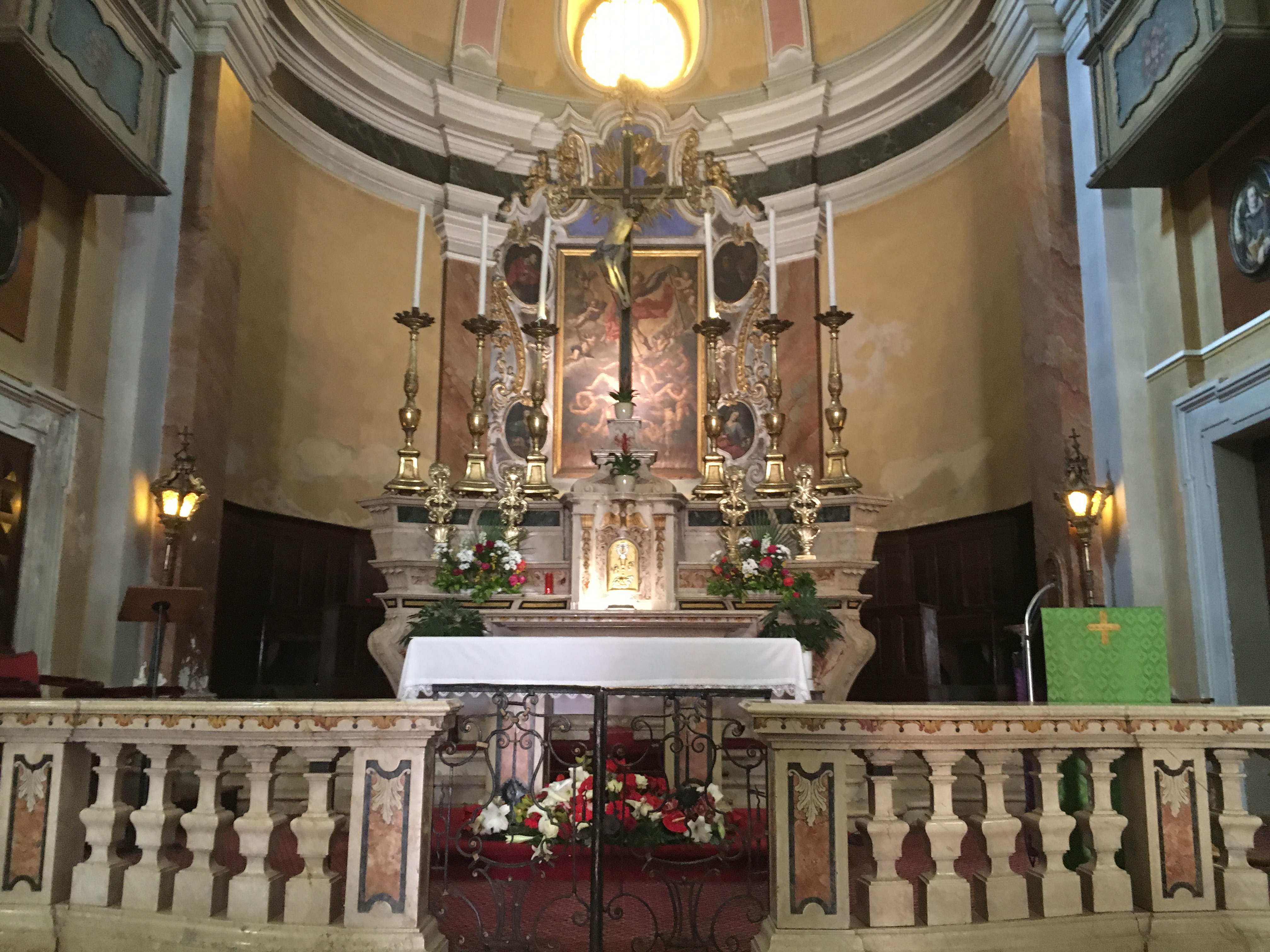Tired of Apologizing for a Church I Don’t Belong To

Tired of Apologizing
[Editor’s Note: This is an excerpt from Tired of Apologizing for a Church I Don’t Belong To by Lillian Daniel. I received a copy from the publisher so that I could choose a section to excerpt and give my thoughts. I really enjoyed this, and enjoyed her new ideas I get Lillian’s frustration with “spiritual but not religious” (SBNR) and being tired of apologizing!]
Is it legitimate to pursue faith rigorously and still land on “it’s a mystery” as a conclusion now and then? It seems to me that if God wanted humans to understand everything, we’d be God.
But we’re not God.
God did not leave us with a cosmic library full of concrete answers. We didn’t even get left with the same collection, for crying out loud. We all got different books, transmitted orally, written down late and rife with human error. Of course it’s mysterious.
Why didn’t God leave us the answers, and a practical collection of titles? God could have left us a big yellow paperback called Divine Knowledge for Dummies.
Some will argue that those who accept mystery are just self-justifying and self-involved. I think they are realistic and evolved. But that’s because I accept mystery, so I have a vested interest in seeing that as a very good quality. Which points to the fact that I might be self-justifying and self-involved, too. Oh no.
Religion at its best at least makes you think about this stuff. And mystery is humbling. It implies we don’t know. That message rubs like sandpaper against our self-involved, narcissistic culture. We don’t have all the answers. And no, we can’t make this stuff up.
Atheists will say, “Yes, I can make this stuff up, and you made it up, too; all of religion and spirituality is made up.”
Okay, then, let’s leave it at that. You can think it’s all made up. I can think it’s a mystery. And we can both be mad at the people who are certain about things. Because if there’s one thing I am certain of, it is that certainty is wrong.
All those points of view can be contained in the world’s religions: certainty, doubt, belief, unbelief, ego, and argument. There’s always been a healthy flow within the generations, the reformers, the purists, and the pursuers of mystery. I don’t have to cover all that territory myself or even in my lifetime because religious traditions created over time are bigger than anything you could do by yourself.
We pick and choose within those traditions. I love the maddening marvel that all my questions have been asked before. People have thought about these things. We are not the first generation of geniuses.
We could make it up for ourselves but that’s not as interesting or rigorous. It’s easy to play by the rules of a religion in which you write your own script. It’s actually much harder to find meaning in the words of a book we did not write for ourselves, from a very different time. It’s easy to create God in your own image and then follow her. Much harder to work with the God who created you, the same God who did not tell you everything you’d like to know and did not even ask for your instructions.
So why bother?
A religion of my own making wouldn’t be rigorous. It might be fun, though. I could replace communion with pasta in front of the TV. During Lent, I could preach at length to myself about how wrong everyone else is, and tell other people what they should give up. I could make my weekly offering in the shoe department at Nordstrom’s, because where you heart is, there shall your treasure be also.
But the church calls me out of idolatry, as fun as that might be. It calls me out of worshipping my every opinion and thought, and into the company of others. Left to my own devices, I would be left to all my own vices.
These days it is countercultural to suggest that any one might benefit from the company of others in the life of faith, particularly others who have gone before us, in ancient traditions. It’s much easier to point out the blind spots of our ancestors in the faith, their missteps around women, sexuality, and things. But we can still learn from the cloud of witnesses who went before us.
We can say they lived in a different world, and that they were wrong about many things, but perhaps still right about the God thing.
So when we hear complaints about Christianity, and the media, critics, atheists, and SBNRs paint it with a broad and bigoted brush, why don’t we object?
Why don’t we tell them a different story? Of a progressive church where your questions are welcomed but where we learn from a tradition older than we are. Where we worship a God who invented us and not the other way around. Where we gather in church not to entrap God but to take God seriously in the company of other people.
Generally these folks are working off an old definition of one narrow sliver of Christianity, and they expect me to apologize to them for it. Sorry, but no thanks. I am tired of apologizing for a church I am not a member of. Their bigoted description of church as a box full of backward Christians has worn thin for me. These days, I take these people on with rigor.







